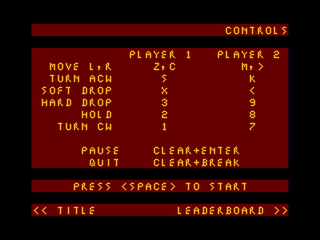

It was expected that students would struggle academically as a result of being stuck at home instead of in the classroom with their tutors and peers. If widespread, it means the effects of lockdown on education are even worse than feared. Though hardly surprising, given the disruption that so many young people endured during the pandemic, the accounts are no less shocking. The big accountants run some of the largest graduate recruitment schemes in the country, hiring thousands of university leavers every year. They lack confidence when giving presentations, talking more generally at meetings, collaborating with colleagues, interacting with clients and networking, senior figures from PwC and Deloitte have told the Financial Times. It takes three, or often, four years of hard study to become a qualified accountant, and yet many young graduates are arriving at their first job with a serious skills deficit because much of their time at university was spent in isolation.

This is what lockdown has done to an entire generation of our brightest university-leavers. As if choosing one of the dullest careers imaginable isn't enough, as well as suffering the ignominy of seeing strangers visibly wince when they discover what you do for a living, the current crop of recruits are now being told that they don’t even have the basic attributes required to survive in a typical workplace. A seemingly endless litany of controversies and fines has left the industry’s reputation in tatters, prompting widespread calls for its biggest names to be broken up – calls that are being fiercely resisted. Younger workers have to contend with seeing a cohort of partners earn life-changing sums every year while they slog their guts out over spreadsheets into the small hours.Īnd there’s never been a worse time to enter the bean-counting profession than now. There can’t be many more depressing places to be a graduate than one of the big accountancy firms.


 0 kommentar(er)
0 kommentar(er)
